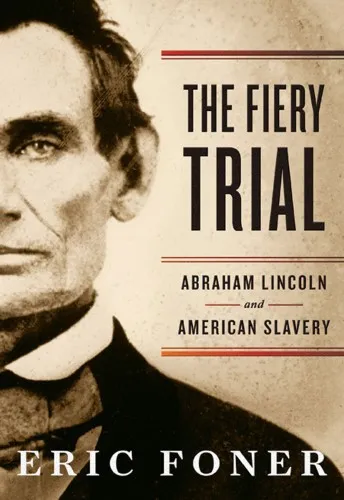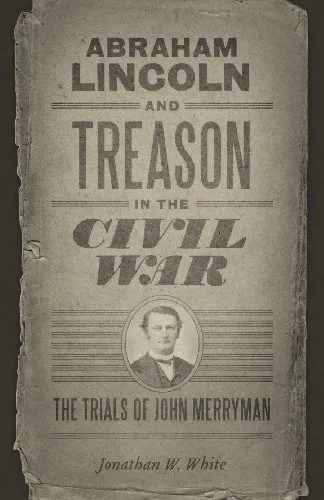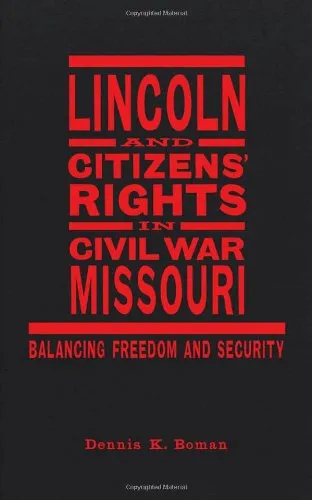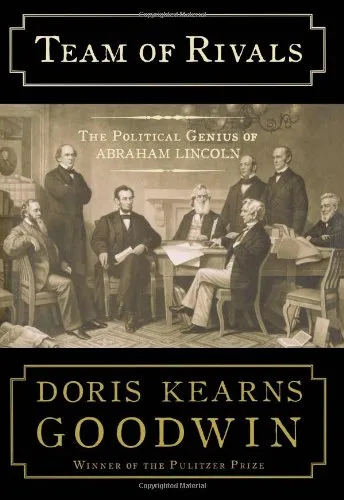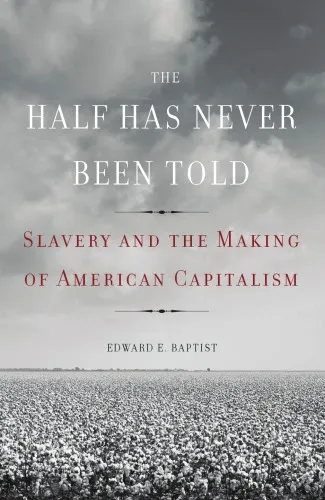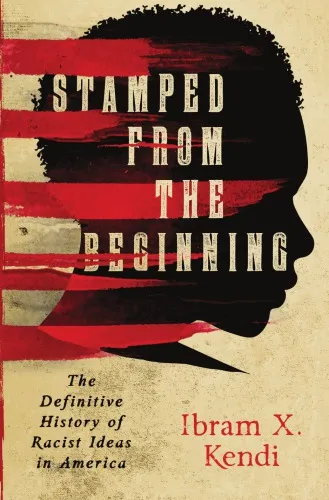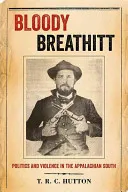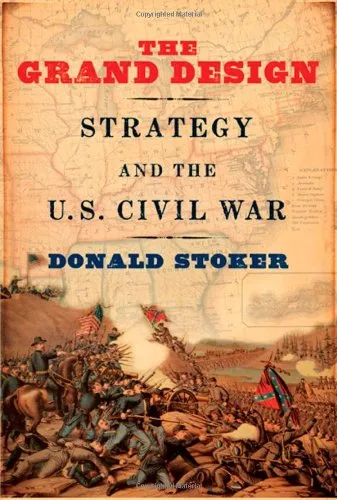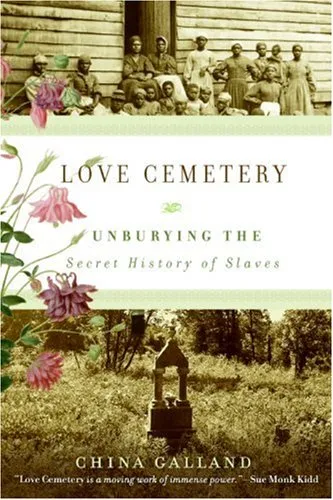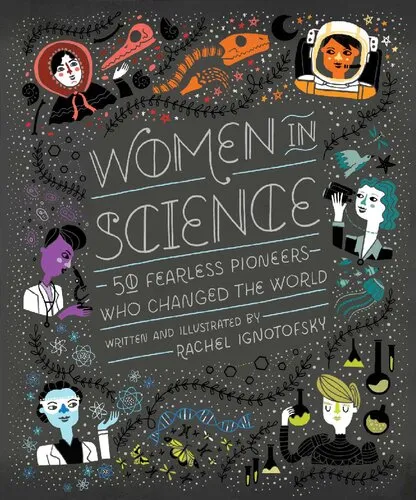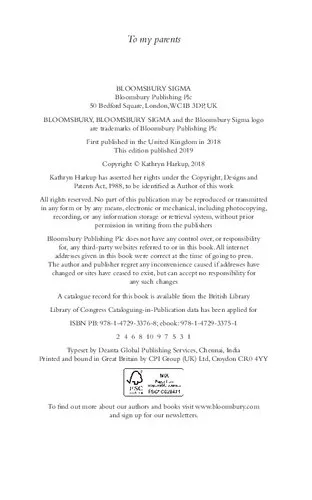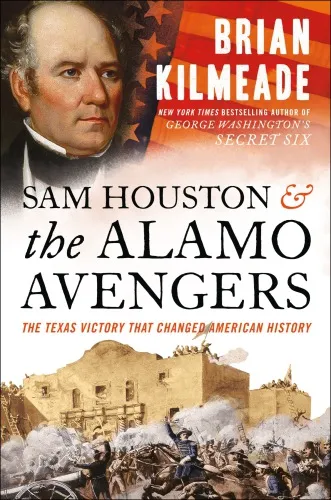The Fiery Trial: Abraham Lincoln and American Slavery
5.0
Reviews from our users

You Can Ask your questions from this book's AI after Login
Each download or ask from book AI costs 2 points. To earn more free points, please visit the Points Guide Page and complete some valuable actions.Related Refrences:
Introduction to "The Fiery Trial: Abraham Lincoln and American Slavery"
Eric Foner's "The Fiery Trial: Abraham Lincoln and American Slavery" offers a thorough examination of Abraham Lincoln's evolving views and policies on slavery within the larger context of American history. This award-winning book delves into the complexities of Lincoln's moral, political, and social journey towards emancipation, chronicling his transformation from a man of ambiguous beliefs to a leader who helped reshape the nation’s stance on human freedom.
Detailed Summary of the Book
The narrative of "The Fiery Trial" meticulously tracks the transformation of Abraham Lincoln's perspectives on slavery from the early days of his political career. Drawing upon a wealth of historical documents, including letters, speeches, and legislative records, Foner examines Lincoln’s political strategies and personal beliefs. The book scrutinizes Lincoln's thoughts from his years as an Illinois legislator through his presidency during the Civil War, highlighting key events that shaped his views, such as the Kansas-Nebraska Act, the Dred Scott decision, and the influence of abolitionists.
Foner depicts Lincoln as a pragmatic politician, capable of embracing radical changes when necessary. As he navigates the complex political landscape, Lincoln grapples with a nation divided by slavery and faces immense pressure from both abolitionists and pro-slavery factions. By revealing Lincoln’s incremental approach toward ending slavery, Foner provides insights into how his policies culminated in the Emancipation Proclamation and the eventual abolition of slavery through the Thirteenth Amendment.
Key Takeaways
- Abraham Lincoln's views on slavery were not static; they evolved considerably over time based on political necessity and moral growth.
- Lincoln was initially hesitant to embrace emancipation, prioritizing union over abolition but realized the impossibility of preserving the nation without addressing slavery.
- The book illustrates how Lincoln's relationships and interactions with influential abolitionists and African Americans helped shape his policies.
- Foner emphasizes the importance of the Thirteenth Amendment as crucial to Lincoln’s legacy and the cornerstone in the fight for civil rights.
Famous Quotes from the Book
"Lincoln was a master politician who combined a pragmatic understanding of the limits of his power with a deep moral conviction."
"His greatness lay in his capacity for growth."
Why This Book Matters
"The Fiery Trial" is a crucial text for understanding the dual forces of morality and pragmatism in American political history. Foner’s in-depth analysis positions Lincoln not merely as the Great Emancipator but also as a figure of profound contradictions and complex motivations. The book is essential for anyone looking to grasp the intricate dynamics of 19th-century America and the enduring legacy of its most revered president.
In today's world, where issues of race and equality persist, Foner’s exploration of Lincoln’s transformation offers valuable insights into leadership and the power of evolving ideals. By studying the particular historical circumstances and Lincoln's response to them, readers can better appreciate the multifaceted struggle for justice and civil rights throughout American history.
Free Direct Download
You Can Download this book after Login
Accessing books through legal platforms and public libraries not only supports the rights of authors and publishers but also contributes to the sustainability of reading culture. Before downloading, please take a moment to consider these options.
Find this book on other platforms:
WorldCat helps you find books in libraries worldwide.
See ratings, reviews, and discussions on Goodreads.
Find and buy rare or used books on AbeBooks.
1473
بازدید5.0
امتیاز0
نظر98%
رضایتReviews:
5.0
Based on 0 users review
Questions & Answers
Ask questions about this book or help others by answering
No questions yet. Be the first to ask!
